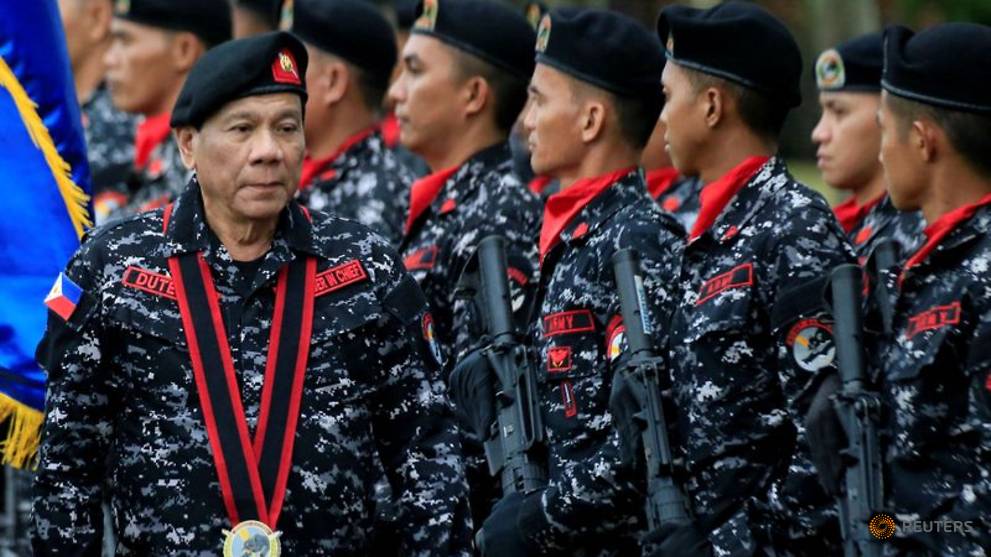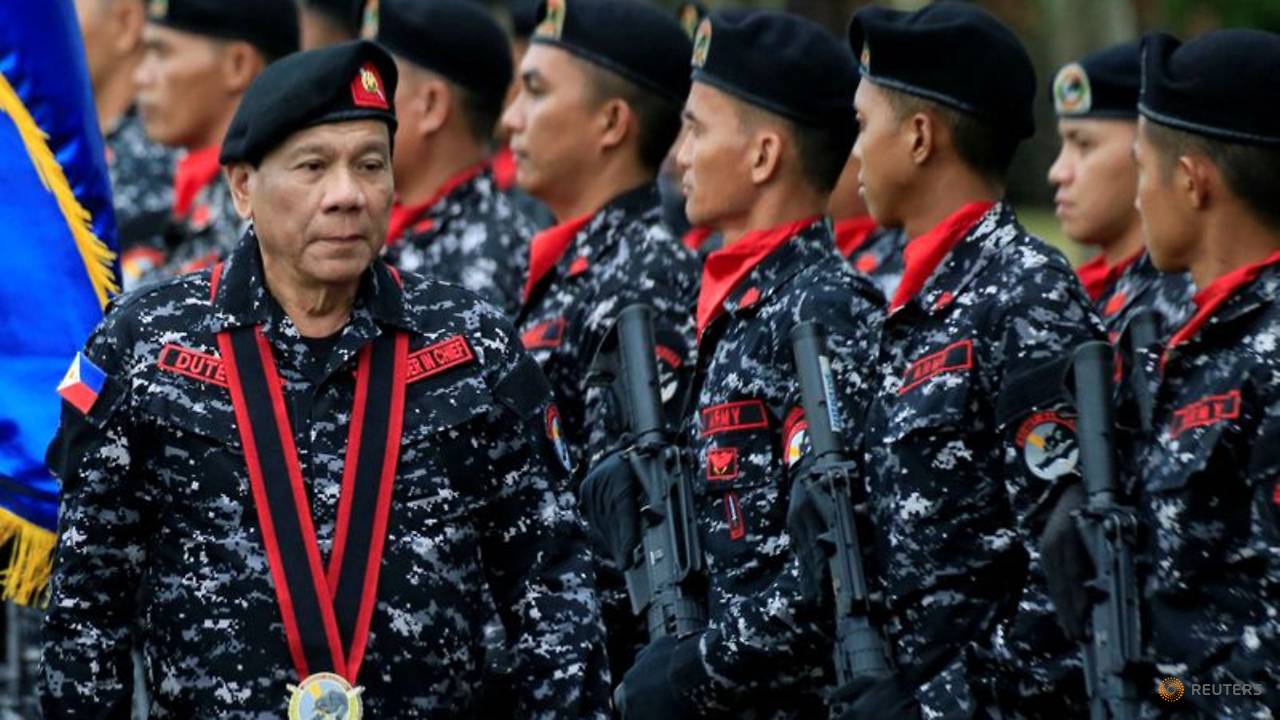
MANILA: Philippine President Rodrigo Duterte approved tough anti-terrorism legislation on Friday (Jul 3) that critics fear will be used to target his opponents, stifle free speech and promote authoritarianism in one of Asia's most liberal democracies.
The law grants police and military sweeping powers to tackle security threats, but legal experts warn its overly broad articles could open the door to discriminatory enforcement, privacy infringements and suppression of peaceful dissent, including social media comments.
Advertisement
Advertisement
The law, which Duterte, 75, fast-tracked through both houses of Congress during a coronavirus outbreak, has been condemned by activists, while the UN rights chief Michelle Bachelet this week urged him not to sign it.
Human Rights Watch deputy Asia director Phil Robertson said Duterte had "pushed Philippine democracy into an abyss".
The law will, he said, "give a green light to the systematic targeting of political critics and opponents, as well as ordinary Filipinos who dare to speak out."
Presidential spokesman Harry Roque said Duterte took time to study the legislation "weighing the concerns of different stakeholders."
Advertisement
Advertisement
READ: Protesters rally against Philippine anti-terrorism Bill
Duterte aides say the new law is not draconian and is based on laws in countries that have successfully dealt with extremism.
Defence chiefs say it will enable them to respond better to modern-day threats, like piracy, kidnappings and militancy by armed groups influenced by Islamic State, who occupied a southern city in 20Read More – Source

MANILA: Philippine President Rodrigo Duterte approved tough anti-terrorism legislation on Friday (Jul 3) that critics fear will be used to target his opponents, stifle free speech and promote authoritarianism in one of Asia's most liberal democracies.
The law grants police and military sweeping powers to tackle security threats, but legal experts warn its overly broad articles could open the door to discriminatory enforcement, privacy infringements and suppression of peaceful dissent, including social media comments.
Advertisement
Advertisement
The law, which Duterte, 75, fast-tracked through both houses of Congress during a coronavirus outbreak, has been condemned by activists, while the UN rights chief Michelle Bachelet this week urged him not to sign it.
Human Rights Watch deputy Asia director Phil Robertson said Duterte had "pushed Philippine democracy into an abyss".
The law will, he said, "give a green light to the systematic targeting of political critics and opponents, as well as ordinary Filipinos who dare to speak out."
Presidential spokesman Harry Roque said Duterte took time to study the legislation "weighing the concerns of different stakeholders."
Advertisement
Advertisement
READ: Protesters rally against Philippine anti-terrorism Bill
Duterte aides say the new law is not draconian and is based on laws in countries that have successfully dealt with extremism.
Defence chiefs say it will enable them to respond better to modern-day threats, like piracy, kidnappings and militancy by armed groups influenced by Islamic State, who occupied a southern city in 20Read More – Source











